Iran: Partnership deal with China facilitated large volume of vaccine imports
Iran’s Foreign Ministry spokesman says the imports of tens of millions of Chinese-made coronavirus vaccines might not have happened if it had not been for the 25-year comprehensive strategic partnership deal between Iran and China.
“I don’t think this would have happened without the strategic partnership and the comprehensive cooperation document,” Saeed Khatibzadeh told IRIB news on Thursday.
So far, Iran has received over 80 million doses of China’s flagship Sinopharm vaccine to immunize its population against COVID-19. Sinopharm has accounted for nearly 90% of all vaccines imported into Iran since December.
Official daily statistics published by Iran’s Health Ministry indicate that Iran has passed the fifth—and worst—wave of the pandemic.
The daily death toll from the virus stands at 223 on Thursday, down from high records of over 700 seen in August, while the number of infections reported in the last 24 hours is 11,964.
Iran has said on numerous occasions that the US sanctions significantly hampered its efforts to contain the virus and to import vaccines sooner.
Khatibzadeh said the huge imports of Sinopharm is one of the outcomes of the strategic partnership deal signed between the two countries in March.
The partnership deal, which was signed in March, aims to strengthen Tehran-Beijing’s economic and political alliance. The agreement was first announced in 2016, when Xi visited Iran to strengthen Tehran-Beijing ties. It also aims to boost economic cooperation between the two countries and paves the way for Iran’s participation in the Belt and Road Initiative, a massive infrastructure project stretching from East Asia to Europe.
“Of course, the document has created a legal framework in other areas as well, and relations are progressing and moving forward,” the spokesman said.
Khatibzadeh explained that the partnership deal has different sections concerning parliamentary relations, the private sector and judicial relations, among others. “So various bodies are following this document.”
“Some more detailed documents have been prepared, including in the fields of private sector relations, energy, new technologies and IT,” he said.
“Relations between Iranian ministries and their Chinese counterparts have been underway for a long time and are taking place on a regular basis, including in the field of energy and port development, which are being pursued,” he added.
Iran and China have enjoyed close ties in recent years, particularly after the United States reinstated sanctions on Iran’s economy in 2018, when Washington withdrew from the multilateral Iran nuclear agreement.
Last month, China dismissed a US request to cut oil imports from the Islamic Republic, saying Beijing-Tehran economic and trade cooperation has always been conducted within the framework of international law.
Iranian President Ebrahim Raeisi said earlier this month that sustainable trust and strategic cooperation between Iran and China would bring development, stability, and peace to the region.
From Iraq to Gaza: The great disconnect between British people and rulers
Syria condemns Israel's killing of 36 in 'horrific' strike on Palmyra
Iran rejects UN human rights resolution as politically-motivated, unjustified
US Senate rejects bids to halt military sales to Israel
US veto of Gaza resolution 'license' for more Israeli crimes: Tehran
Iran urges IAEA Governors Board to oppose E3’s anti-Iran resolution
Nov. 20: ‘Axis of Resistance’ operations against Israeli occupation
VIDEO | Iran celebrates National Hero Day, honoring Martyr Qassem Soleimani



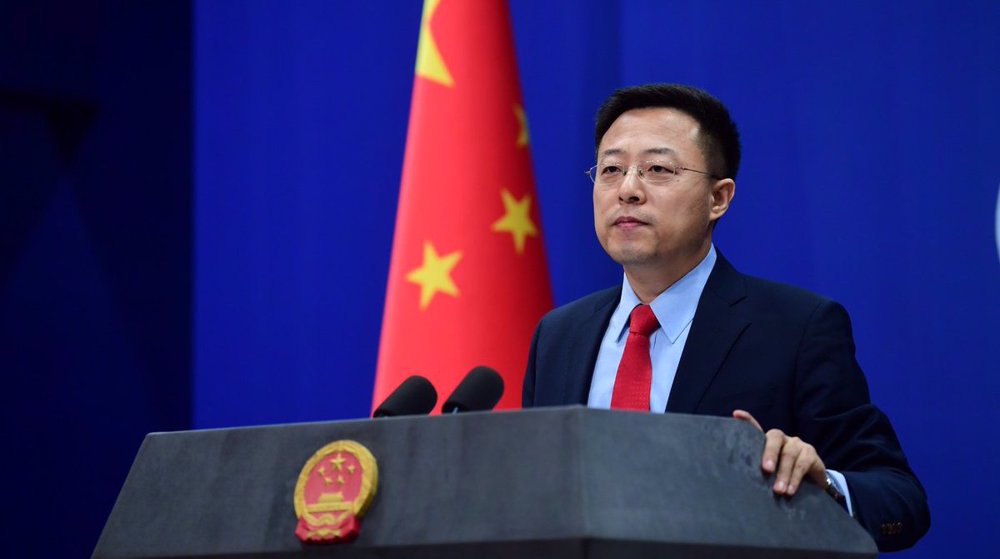
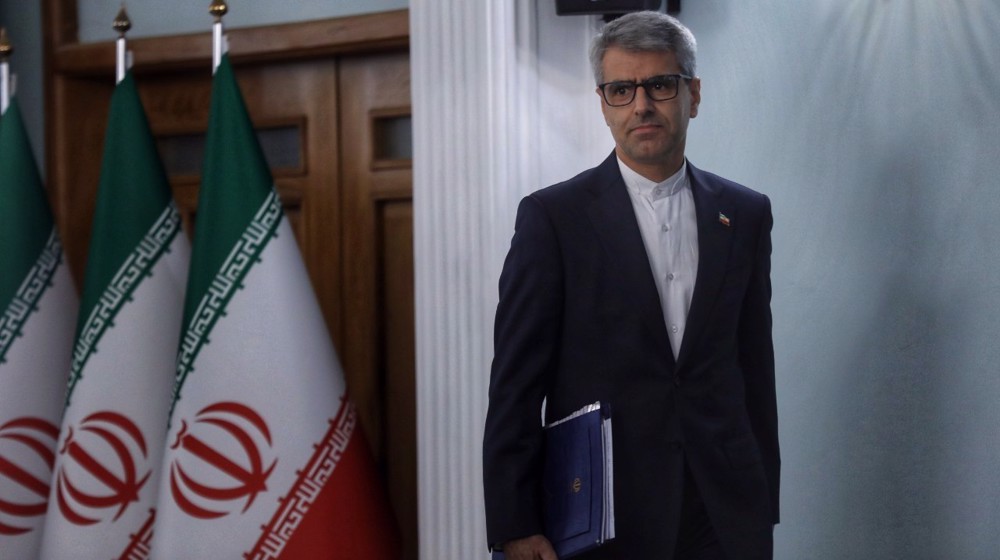
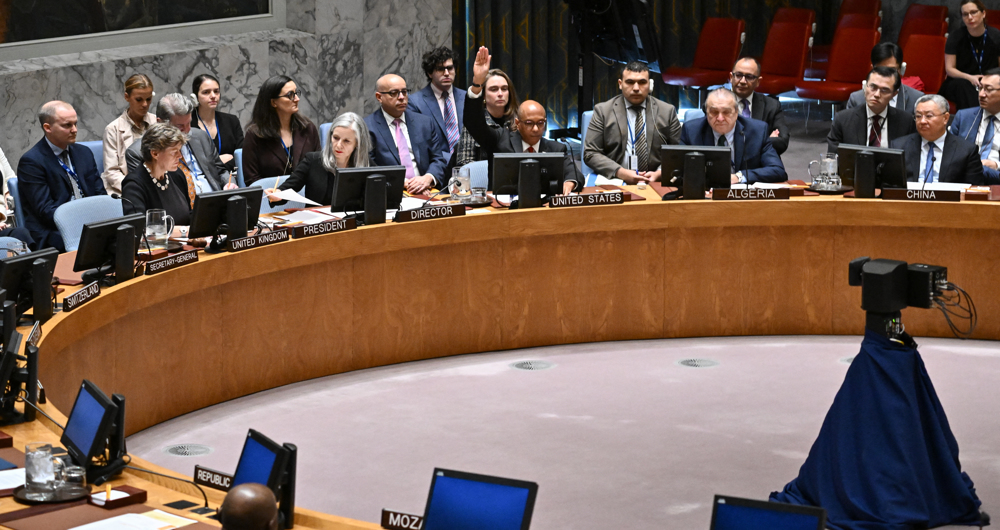
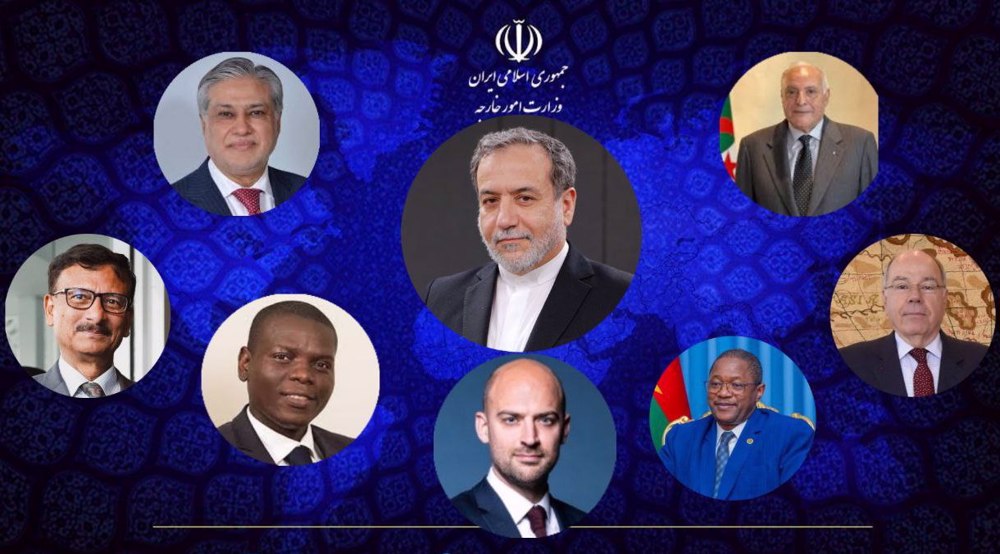




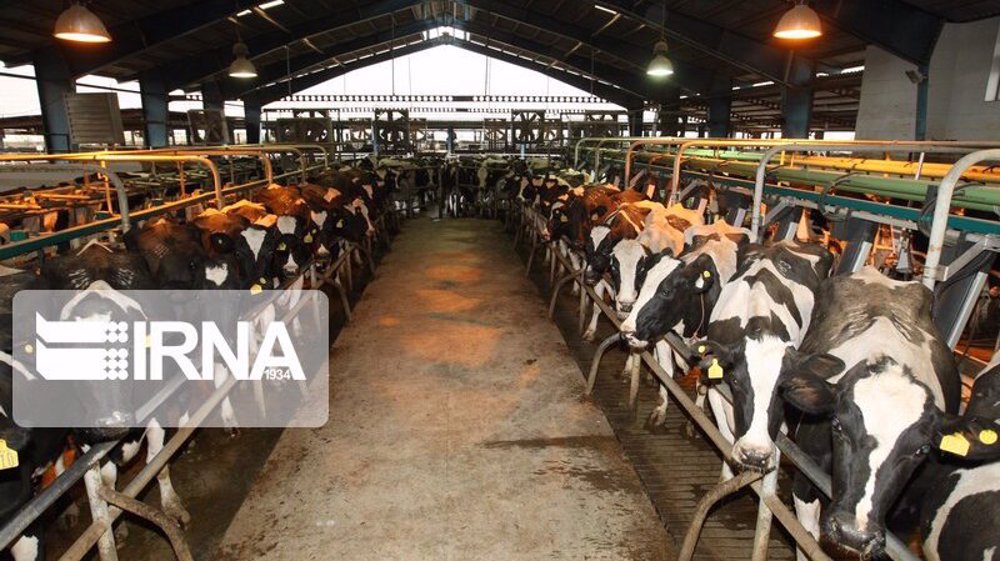
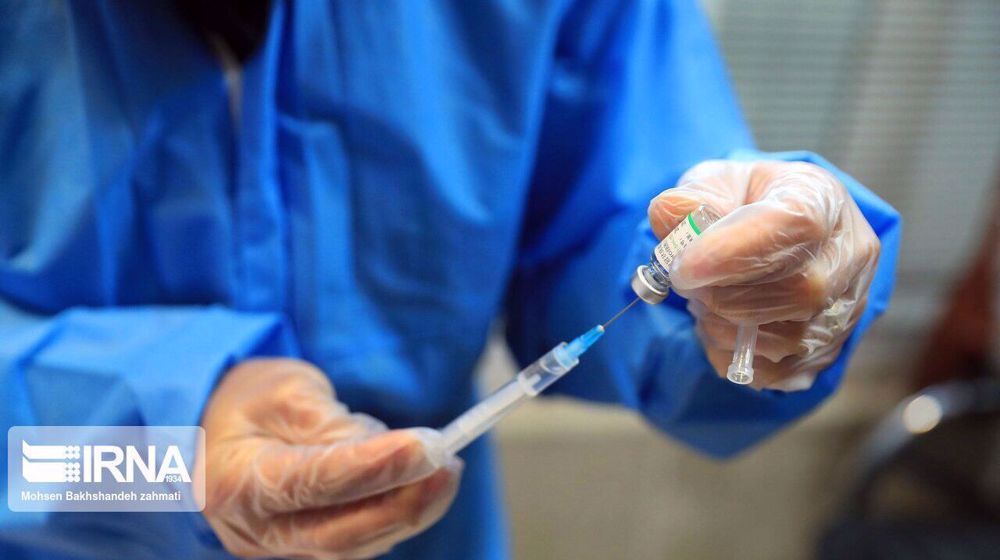
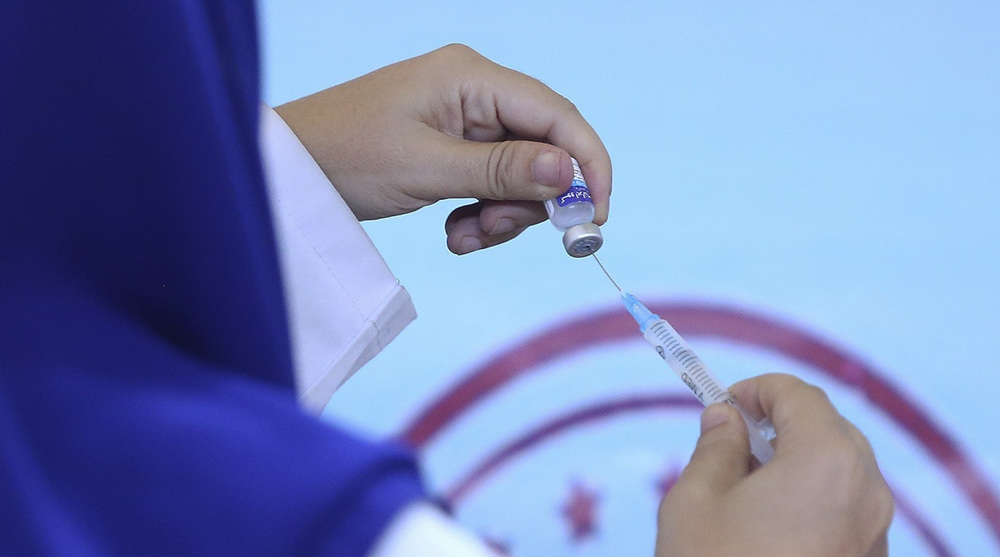

 This makes it easy to access the Press TV website
This makes it easy to access the Press TV website